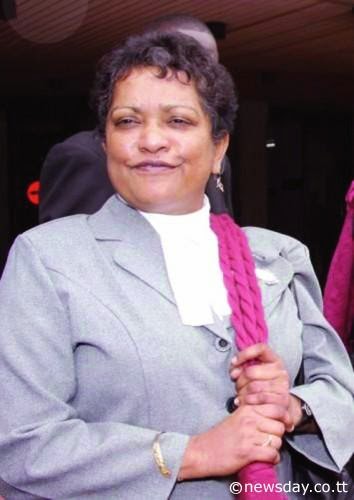Solving Our Own Problems
by William Skinner
 |
| Lloyd Best |
The future of vibrant and prosperous Caribbean economies will not be found in copying: Singapore, Cyprus or any such economies. The problems of our Caribbean educational system and more directly the University of the West Indies will not be solved by how universities in America or the United Kingdom are managed.
We have to recognize our unique position as a region that is slowly, and in some cases, successfully emerging from colonialism. Accompanying this desired emergence is a culture and approach to development that has not been properly analyzed. One of the few Caribbean thinkers, who tried to analyze this emergence and culture, was the late Lloyd Best of Trinidad and Tobago. There is a Caribbean civilization but we have opted to reduce it to how others define us and think we should be developed and managed.
This failure to accept ourselves has led to repeated blunders in not only how we confront our challenges but how we seek to overcome them. Hence, we seem to be constantly reinventing a wheel that is broken beyond repair. Most Caribbean nations have yet to design and develop a proper network of roads; proper public transportation; an enlightened approach to housing, public health and education. We have now reached the stage where the very existence of the University of the West Indies is being questioned by citizens.
In the mean time, in the absence of a comprehensive model of socio-economic development, we find ourselves, returning to the clutches of the International Monetary Fund and other predatory international financial institutions. Their representatives arrive and tell our leaders what policies to execute and when to execute them.
As we approach two hundred years of the abolition of slavery, we must look for regional solutions to the myriad problems we now face. We have much to offer the world in all the economic areas, we are currently mismanaging but once we reduce regional discourse to
nothing more than one-upmanship politics , our arrival at total socio-economic
freedom may well be permanently delayed. Hence the failure to make CARICOM a
more vibrant regional institution is one of our biggest failures in the post
independence era.
The questions should very well be:
Where do we intend to be in the next century? What are we trying to build? Where is the real road map? Unless we ponder
on these things we would forever be held hostage: mentally, intellectually,
socially and economically by those who seek to exploit our failure to create a
new Caribbean nation.
Those who see us as being ready
to be exploited or to become exploited by another round of global imperialism
are our true enemies. We, therefore, should listen to those citizens, who daily
try to build and promote our own Caribbean civilization. If we are waiting on
answers from New York, Hong Kong, London, Yale and Harvard, we are truly in a
perilous state.
William Skinner is a commentator on Caribbean social, political and cultural issues.



Comments